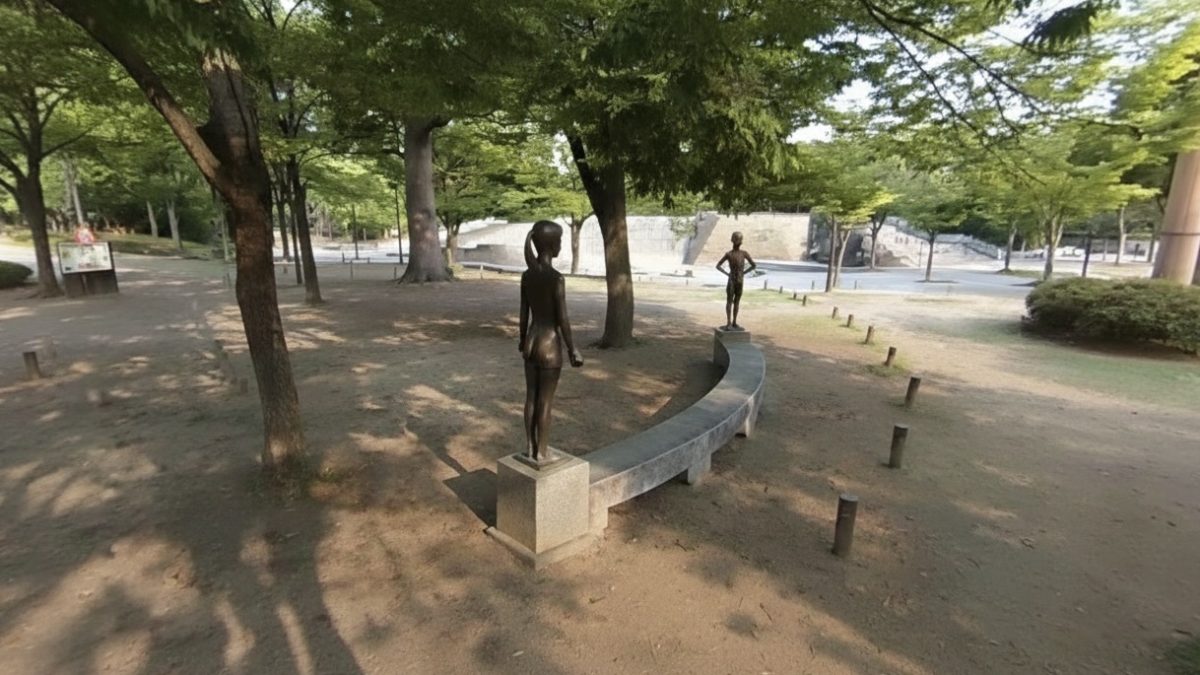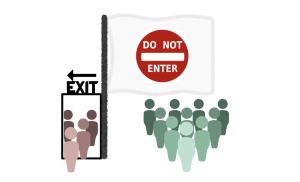To vote or not to vote, should it be a question?
Is the younger generation of Japan really aware of how much of an impact their decision to vote or not to vote will make?
Kim Ahlström // CC Search
The Japanese government passed the bill to lower the voting age to 18 from 20
September 17, 2015
This June, Japan lowered the voting age to 18 from 20, adding around 2.4 million people to the country’s rapidly graying voting population. This was the biggest reform in 70 years made to Japan’s electoral law according to The Japan Times.
“This is a very significant development considering many nations have already adopted 18 as the voting age and that this will allow for more young people’s voices to be reflected in politics,” the government’s chief spokesman, Yoshihide Suga, said during a morning press briefing in Tokyo according to NBC News.
As the majority of the voters consist of the elderly population, it has become increasingly difficult for Japan to have an evenly distributed age representation. Less than 33% of citizens in their 20s exercised their right to vote according to polls taken in last year’s general election in December. In contrast, The Wall Street Journal states that voter turnout for citizens in their 60s and 70s was 68% and 60% respectively. Rina (12) said, “Because we weren’t able to vote, I feel like so many teenagers are very indifferent to politics and society.”
This bill passed in an attempt to encourage younger voters to be more politically active and independent-minded. However, is the younger generation of Japan really aware of how much of an impact their decision to vote or not to vote will make?
For women who are potential or current residents in Japan, it is even more important that young people, especially women, vote. Yoko (12) was recently able to meet Masako Mori, a Member of the House of Councillors, who is working under Prime Minister Abe. Yoko said, “She told me that when groups introduce new plans to increase women’s involvement in the political or economic sector, the older conservative members vote against it most of the time. In comparison, she told me that young members were more flexible and had “modern” mindsets that enable a more equal and up-to-date decision.”
With a rise in young voters, politicians will be more inclined to support policies benefiting the younger population.
Voting is one of the potential solutions to the decreasing population problem Japan faces. Since it is becoming increasingly difficult to raise children in Japan, especially Tokyo, the younger generation are unable to or uninterested in having children. It is crucial that the voices of the younger population are heard to ameliorate the conditions for current and future mothers. If young people do not vote, their interests are not represented equally to other age groups. Thus, they will not be as prioritised by the government as much as the needs of the elderly population. Voting is a crucial solution to save Japan’s dwindling population.
Anyone who is a Japanese citizen and is 18 years old or older is eligible to vote. Thus, 21 of the ISSH seniors out of a class of 37 will be able to vote in the next elections. “I’m excited to see how my vote will shape the future of Japan,” said Sarah (12).
With the right to vote comes the responsibility of voting wisely.
For whom to vote or not to vote, now that is the question.






























































